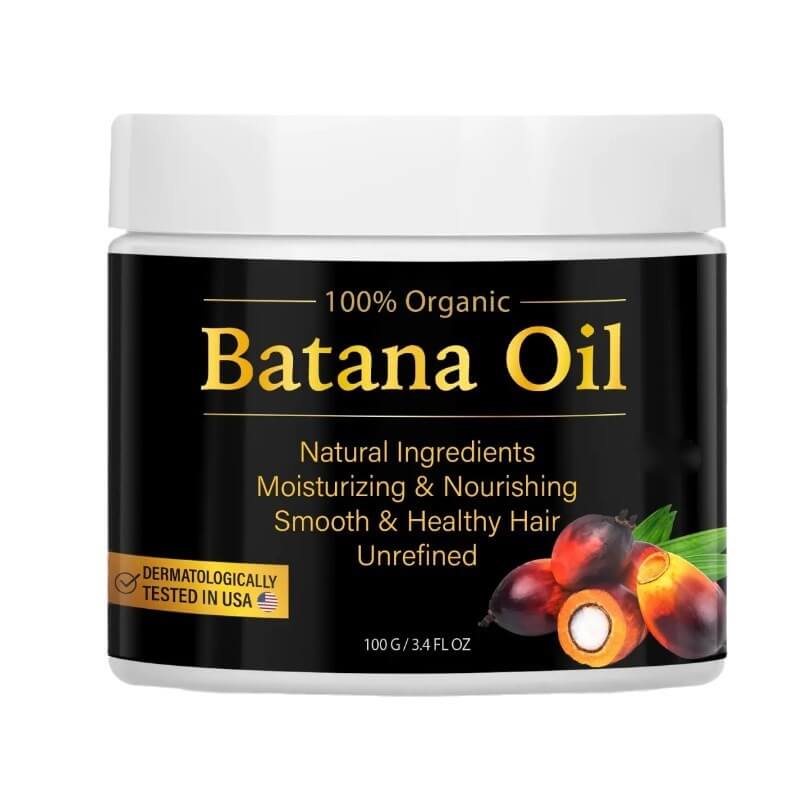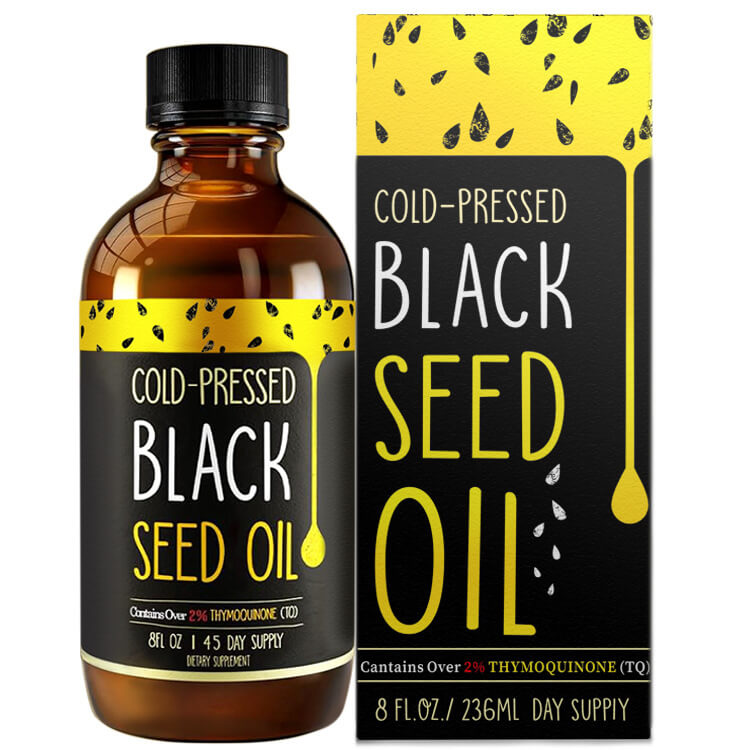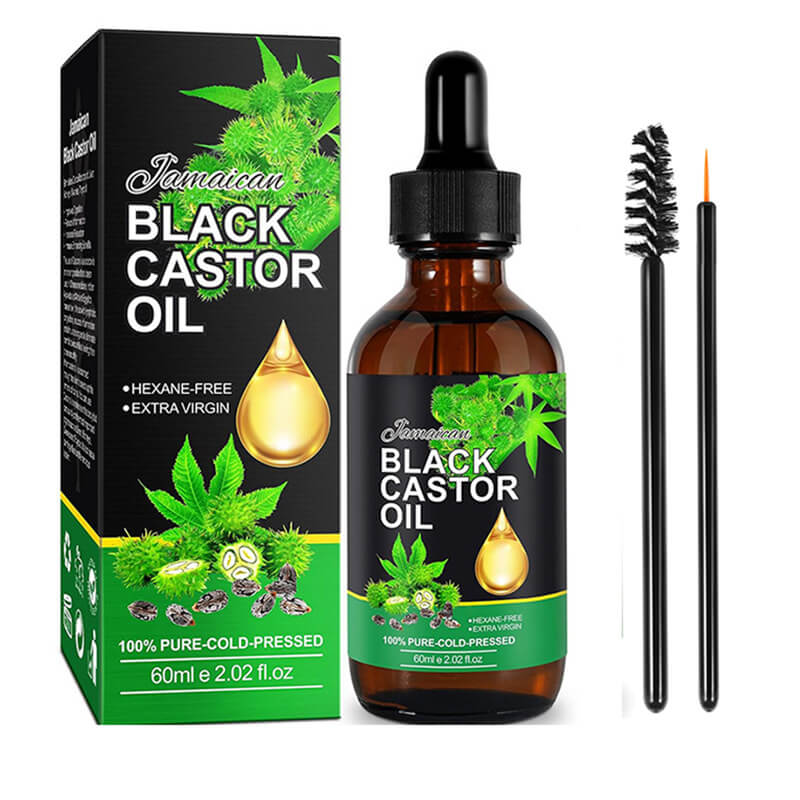When it comes to importing from China, finding the right and best supplier plays a vital role. It literally determines whether it will be a good start of the entire procurement process or not.
Now here comes the question: how on earth can one find the best fit? In this article, we will show you how to find your best suppliers in China in 3 steps.
Step #1. Get a supplier candidate list.
Below are a few of the key ways to get a supplier candidate list for your importing process.
A. China Sourcing Agent

Source: Freepik
Finding a reputed Chinese sourcing agent is frequently the first step toward forming a long-term partnership with one of the numerous companies eager to assist you in managing your supply chain in a cost-effective manner.
Because so many businesses have established partnerships with China, the available resources to locate, work with, and manage such relationships have increased significantly.
B. Expo

Source: Freepik
Visiting major expos in Hong Kong and China is a wonderful means of meeting different producers and distributors, examining their sample products, and forming business ties. You can test numerous products in person in only a few days. Additionally, each wholesale supplier has people on hand to address your questions.
C. B2B Marketplaces

Source: Freepik
Sellers can easily construct their own website to promote products and services online, identify and interact with worldwide buyers, respond to ‘buying leads,’ and publish ‘offers to sell’ on B2B marketplaces, which are quickly developing.
For companies wishing to alter their business operations, a B2B Marketplace can be a fantastic resource. Organizations can simplify their company activities and communicate with like-minded enterprises to fast grow their operations with the help of a digital network.
Here are five excellent places to begin your search for a Chinese supplier:
- Alibaba is certainly one of the biggest business-to-business (B2B) sites in the world
- Another famous website that facilitates relationships between organizations and Chinese producers and suppliers in China Sources.
- HDKC has a large directory of Chinese suppliers with over one million listings
- Smart China Sourcing is ISO9000 certified and has a list of 80 sourcing professionals
D. Wholesale Markets (Yiwu, Guangzhou)

Source: Freepik
You’ve likely haven’t heard of Yiwu, but you almost certainly own some Yiwu-made things. If China is the world’s largest factory, its capital should be Yiwu, not Beijing. Some of the wholesale markets that you should visit for reasonably priced goods are:
- Yiwu Trade Center
- Yiwu International Business & Trade Mission
- Yiwu Xixiang Wholesale department
As you may be aware, China is the globe’s economic center, and Guangzhou is home to over 1,000 wholesale markets. Clothing, electrical gadgets, everyday supplies, and other necessities can all be found at the major wholesale markets. Some of the top wholesale markets in Guangzhou include:
- Baima wholesale market
- Guangda Shoes Plaza
- Electronics Hiayin Square
- New Asia International City
You can approach a Guangzhou sourcing agent to select the best suppliers for your business.
E. Google

Source: Freepik
If you are wondering how to find manufacturers in China, look up wholesale manufacturers and suppliers in the United States and throughout the world on Google. This may sound self-evident, but you can employ Google to identify wholesale sellers from all over the world. You’ll have to do a lot of searching for that.
Wholesalers are infamous for their poor marketing and promotion skills. As a result, just searching “kid’s games wholesale suppliers” is unlikely to yield the perfect wholesale source for your shop. Changing up your search phrases can help. Consider adding keywords like “distributor” and “bulk” to your list.
Keep your research as precise as possible, and don’t be hesitant to sift through the pages of the search results.
F. Social Media

Source: Freepik
While it may appear contradictory, social networking can be quite beneficial to B2B businesses such as wholesalers and suppliers in China. Using social media platforms like Facebook, Twitter, LinkedIn, and others can demonstrate to potential clients that they are up to date on marketing trends. Furthermore, it allows them to approach you with inquiries, suggestions, or even complaints.
While it may appear that having complaints is a bad thing, social media allows you to handle them on your own territory and in a public forum. That indicates you’re in charge of the conversation and making sure others are aware of it as well. Participating in internet forums, which may be a terrific source of free tips and guidance from people who have experience in your industry or business, can be of great help.
G. Industrial Directory

Source: Freepik
Look through wholesale directories on the internet or in magazines. A large number of suppliers, often from a variety of industries, are listed on these platforms. While it is the quickest method of locating current suppliers, it is not always the most effective.
Remember that some directories enable anyone to post things, therefore the quality may be low. Many supplier directories do background checks on China wholesale suppliers before listing their information. To put it another way, they try their hardest to pick out the bad apples so you can focus on selecting the best wholesale supplier for your company.
These supplier directories are also a great approach to come up with fresh product concepts and to remain on top of the latest trends.
Step #2. Evaluate the suppliers.

No matter you are sourcing all by yourself or via sourcing agents, you need to figure out which vendor or manufacturer or wholesaler is your right fit. There’s no one-size-fits-all supplier. That’s why you want to find a supplier that matches the portrait you draw in the groundwork for supplier evaluation.
So what to look at during supplier evaluation?
- Company registration and product certificates
Is the supplier legitimate?
Is the product compliant with importing country regulations?
- Business model (basic verification)
A. Check the product range on their official website or Alibaba or global sources or other directories where you find them.
Do they display one niche product or multi-category products?
What products do they display in the eye appealing areas?
B. Check the company’s registration information. Business scope information is normally shown in the highlight place on the registration.
Is the business scope correspondent with what they are promoting?

The quick take can give you a general idea of whether it can be a manufacturer/trading company/wholesaler/middleman.
- Supplier scale
Your desired supplier scale should match your business and order scale. Take a look at how they rank in different metrics.
Price level: Big scale supplier > medium scale supplier > small supplier
Quality stability: Big scale supplier > medium scale supplier > small supplier
Flexibility (design alternative, service in place): Small supplier > medium supplier > Big supplier
Lead time: Big supplier > small supplier > medium supplier
Bigger manufacturers have higher pricing because of the equipment and management etc cost higher, for which reason they have more stable quality and fewer quality issues.
The flexibility for a big supplier is not charming because they have a system in place. A big company have to follow the system and can’t change things easily and conveniently.
- Is the supplier pro-active? Do you feel comfortable to work with them?
How the potential suppliers are interacting with you can be seen as a signal for follow-ups.
Being pro-active before the order is placed doesn’t mean they will do it well in the entire process, but if they are not doing a good job at the first place, there’s little chance they will change after taking your money.
Are they responding to what you are asking and what you care about?
Do they take it seriously to communicate with you?
- Price, quality level, lead time, service terms
These are core factors you want to check whether the potential supplier can meet your baseline or not.

Price can be the very one biggest factor that drives you to import from China. Good price IS surely important but it is not the only factor. Low price must have a reason.
Imagine you are negotiating with a supplier…
– I like your company and products but your price is way too high. I’m wondering if you can reach $2 per unit(original offer is $4/pc), I will play a test order for 1000 pcs tomorrow if the price is good.
– The target price is really challenging but to establish a new relationship and as a friend, we can do that for you this time only.
(Want to know how to negotiate effectively with your suppliers? Check this post: How to Negotiate with Suppliers)
Would you concern about the following?
Is he trustworthy? But he doesn’t sound honest in price at all. It’s a 100% discount all due to one sentence!
What would they do to my goods during production? The quality must be questionable.
- Are they professional?
What kind of professionalism will benefit your procurement?
The professionalism of product knowledge is a basis. These are some more you want to look for in the salesperson and company: company and product strength, target market trends, market competence, good knowledge about what is important to you, what you want and need and feedback with particular proposals.
It is very difficult to find a perfect sales or supplier, but please pay attention to spot them and see whether they have good service traits. It will help a lot along the entire import process. The mindsets do matter.
Step 3. Verify your prospective suppliers

Again, you can do the verification by yourself or via a third party for more in-depth work including MatchSourcing.
Supplier verification is important especially when you are looking for a new vendor OR your product/project is complicated OR the order is a big one. You don’t want any dishonest supplier to scam and rip you off, then run away.
- Company Background
Ask suppliers whether they can send you copies of these official documents.
- Business license
- Business registration
- Certificates
- Patents
What is some basic information that you want to get on the official documents?
- Registered Capital
- Year of Registration
- Registered Business Scope
- Quality management
- Product compliance
Tips: Registered capital and Quality management system of ISO 9001 may mean little now but let’s take it as a must-have to sift out those, not qualified vendors at the first beginning.
- Check the company presence on the internet
Google how the company image by searching company name, email, contacts and number.
- Check whether they have records in customs data (via import genius etc)
Do they have stable exporting records?
Who are some of their customers?
- Phone call/video meeting
You may find it frustrating to communicate with Chinese sales by phone because English is not a Chinese first language. But what you want to do by a quick call is to get a feel that whether they are saying the same as what they write. Ask them some questions that you care about in terms of company and products and so on so forth. Check the information provided on the phone to see whether it matches what they display online / in catalog or company introduction documents. Many factories tend to talk big to win orders. Beware whether the supplier sounds real or bragging. Compare with what they’ve done for you to see whether they do what they said.
- Factory Visit

If flying to China to visit the suppliers is a bit time-consuming and not cost-effective for you, you can find a third party to help you with it. It can save you a good time and efforts.
A face to face talk with the supplier in the factory plays a vital role. Apart from telling the good and bad of the supplier from virtual interactions by emails and calls, what the supplier performs in real life can also give you a general picture.
Equip with specific goals that you would like to reach for the factory visit and maximize the results. The goals can be like factory scale, personnel, and production process and performance and much more.
These are top 5 things suggested to find out during the factory visit.
- Is the factory a real one? How is the personnel like?
- Does the factory manufacture all by itself or does it subcontract some items?
- How do they manage the quality control system?
- Is the factory busy in production?
- Does the factory know product development?
What do people say? If you don’t ask, you don’t get. But, do not ask the supplier too many questions one time, they will be overwhelmed and doubting whether you have orders for them. Ask right questions at the right time.
To get suppliers responsive to your questions, you need to let them know that you are a serious buyer. As it goes, to sow before you reap, you can provide some background on you and your company, together with product specifications.
Otherwise, factories see no prospect to spend time in responding to the questions. Most factories are busy and only take customers serious when the customer have a specific product inquiry.
We’ve listed a couple of questions that you may need in your import process.

Questions for supplier vetting phase
- Can you tell a little background about your company?
- When was your company established?
- When did the company start to export?
- Are you a manufacturer or a trading company?
I’m fine with either one but I need to know who I will be dealing with.
- Where is the factory?
- Do you have your own website?
- What are your main product lines?
- What certificates and qualifications, patents do you have? Can I see?
- Can you give some of your customer references?
Not necessary to be customers from the same country to avoid competence worries. Can I talk to them?
- What markets are you selling to?
- How is the quality control system like?
- What are your strengths over your competence like xxx, xxx, xxx?
- Do you have your own designing department?
- Would you mind talking about how the personnel is like?
- Who are your main customers, retailers, wholesalers, importers or distributors?
- Do you sell directly to end customers as well, e.g. Via online business?
- How many workers are working for your company?
- Do you have any Factory Audit and Inspection Experience?
- Do you have Product Safety Testing Experience
Questions for inquiry phase
- What is your minimum order quantity?
- What are the sample price and sampling time?
- What is the turnaround time?
- What are your payment terms for the first time?
- What are the payment terms for return orders?
- How is the production process like?
- What about your production capacity monthly?
- Do you have the equipment, personnel, and experience to make a quality product on time?
- What happens if there were any quality issues?
- How is the warranty like?
Questions for the negotiation phase
- I like your company and products but your price is much higher than xxx. They can offer the same quality at xxx. Why?
- Can you give a breakdown of the quoted price?
- Your lead time seems quite long. Why?
- We deal with our suppliers in L/C for years. Can you make it?
Read more negotiation skills in this post: How to Negotiate with Suppliers?
Conclusion

Again, there’s no perfect or one-size-fits-all supplier/vendor. Keep in mind to figure out what core factors can push your BUSINESS forward best and fast. Balance what you want and NEED and I think that’ll help to find your best supplier.
If you are running out of time but you need to get the China sourcing things done well, you could tell us your request and we handle the rest for you.
Related Posts
- 29 Costly Mistakes You Must Avoid in China Sourcing-1
- Pre-Order Checklist To Avoid You Making Losses
- How to Negotiate with Suppliers[Infographic]
- How to get suppliers to respond to my inquiries?
- Source from a Chinese trading company, sourcing company or manufacturer by yourself?
- Top 4 must-do before you import products from China





4 Responses
There are some great practical tips in here! It will definitely help me in finding best suppliers in China! Thanks for sharing.
Hey Ivan, thanks for commenting. Glad you liked it! 🙂
For a single product, there are multiple suppliers in China but the thing is who is the best supplier of that product. The best supplier means a supplier who will offer you the best quality and price for the product you are looking for.
Recommend Suppliers would be a good place to find out suppliers that can work best for you. Alibaba is a huge market where one can find a potential supplier but for some small businesses, it doesn’t work great. In order to overcome this issue Recommend Suppliers play its role and recommend the best alternative so there will be no barrier in your business.
I found myself that Recommend Suppliers offers great service as they will recommend 1–3 best suppliers based on what you need. They will also tell you why the suppliers are recommended to you.
In order to ensure Recommend Suppliers recommends good suppliers to you, they use big data analysis, adopt strict screening methods and take serious confirmation steps.
Very informative article! The process to import toys from China to India involves several quality and compliance checks, and this post explains them clearly. Really helpful for new importers.